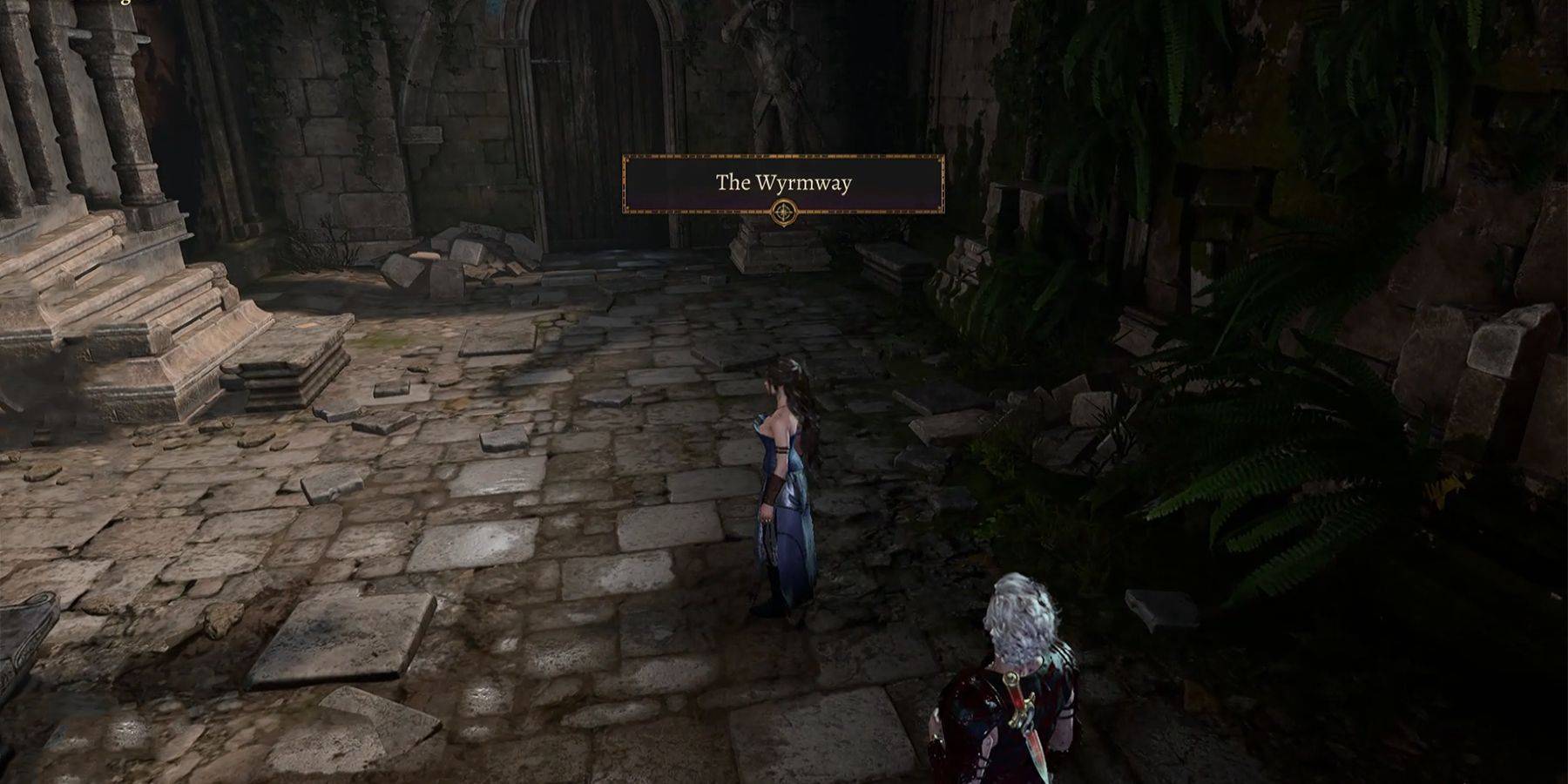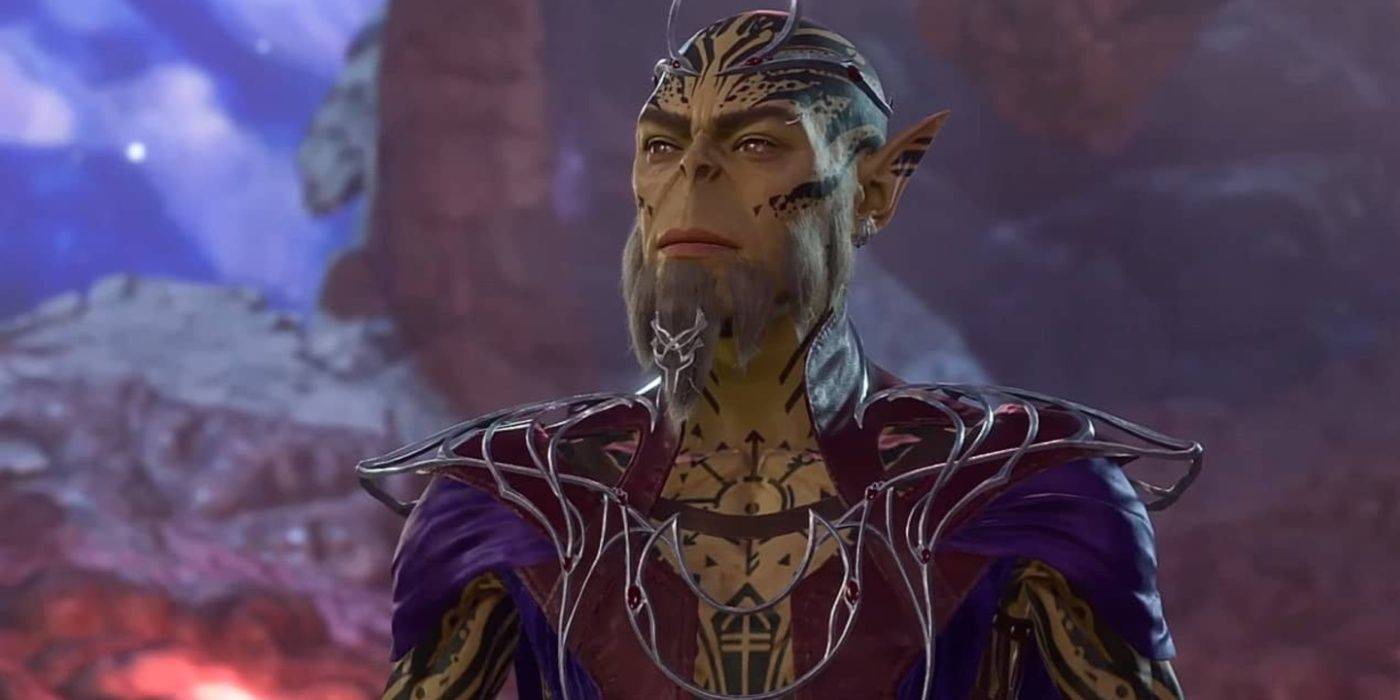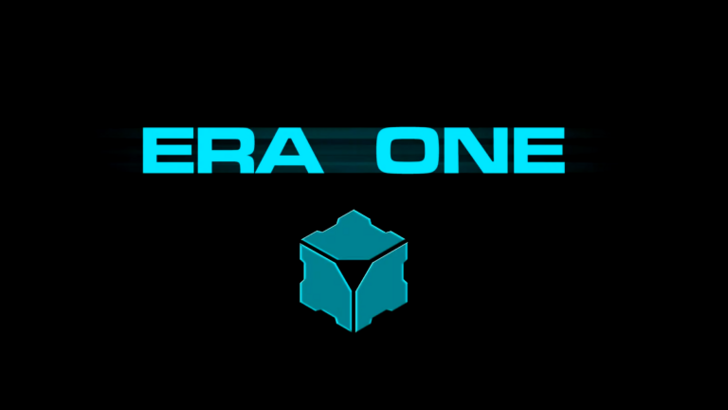In Baldur's Gate 3's climactic moment, players face a pivotal choice: free the imprisoned Githyanki Prince Orpheus or let the Emperor handle the situation. This decision, made after acquiring the Orphic Hammer, dramatically impacts the game's outcome. The following details the consequences of each choice. Note: This analysis contains significant spoilers for the game's ending.

The Setup: Before this final decision, players must defeat Ketheric Throm, Lord Enver Gortash, and Orin, exploring Baldur's Gate extensively. The choice itself carries significant weight, potentially leading to companion sacrifices. High rolls (30+) might be necessary in certain interactions to influence companion decisions.
Should You Free Orpheus?
This decision hinges on player preference. Early in Act 3, the Emperor warns that freeing Orpheus risks party members becoming Illithids (Mind Flayers).

Option 1: Siding with the Emperor
Choosing the Emperor leads to Orpheus's demise as the Emperor absorbs his knowledge. Lae'zel and Karlach may disapprove, impacting their personal quests. While this grants the party an advantage against the Netherbrain, it's unpopular with fans of these companions.
Option 2: Freeing Orpheus
Freeing Orpheus causes the Emperor to ally with the Netherbrain. The risk of party members becoming Mind Flayers remains. However, Orpheus joins the fight against the Netherbrain, and if asked, he will willingly sacrifice himself to become a Mind Flayer to save his people.
In short: Choose the Emperor to avoid becoming a Mind Flayer, but risk alienating companions. Free Orpheus to risk Illithid transformation but gain a powerful ally. The Emperor's path might lead to Lae'zel's betrayal and Karlach's return to Avernus.
Moral Considerations:
The "moral" choice depends on individual perspectives, but largely revolves around loyalty. Orpheus, as a rightful Githyanki ruler, opposes Vlaakith's tyranny. A Githyanki player might naturally side with him. However, following Voss and Lae'zel's directives might seem overly demanding to others. The Gith prioritize self-preservation above all else.
The Emperor, generally benevolent, aims to defeat the Netherbrain and aid the party. He understands the necessity of sacrifice, however. Following his plan risks Illithid transformation, but results in a morally sound outcome (even if you're a squid). Remember, BG3 offers multiple endings; strategic choices can lead to favorable outcomes for all involved.



 LATEST ARTICLES
LATEST ARTICLES 











